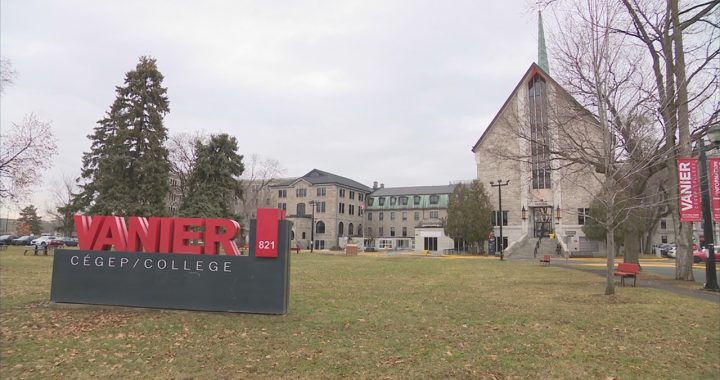Ceremonies are taking place across Canada recognizing the thousands of Indigenous veterans who stepped up and joined the Canadian military in the time of war.
Whether it was the First or Second World Wars, Korea and Afghanistan, First Nations, Inuit and Métis Peoples have enlisted to fight.
The Nov. 8 Indigenous Veterans Day movement started in Manitoba. Today, APTN News reporter Michelle Karlenzig was at the ceremony and has this story.
Federal leaders remember sacrifices, injustices endured by Indigenous veterans
Federal leaders marked the sacrifices of Indigenous Peoples who fought on Monday, as well as the discrimination they faced after returning from war.
Prime Minister Justin Trudeau says all flags on federal government buildings, including the Peace Tower on Parliament Hill, were lowered to acknowledge the service of Indigenous veterans.
“Indigenous people who served across this country did that facing often systems and discrimination and barriers that were greater,” he said before a caucus meeting in Ottawa.
Trudeau added that he spoke with several veterans earlier, “to talk about their experiences and mostly talk about the path forward, both for Veterans Affairs and for Indigenous peoples.”
It is estimated that more than 12,000 Indigenous people joined the Canadian military during the First and Second World Wars and Korea.
More than 500 were killed and countless more injured.
Many of those who returned to Canada ended up falling through the cracks after they were denied the same benefits provided to non-Indigenous veterans while others found out they had lost their Indian status by putting on a uniform.
Indigenous veterans were honoured at a small gathering in Vancouver. Tina House was there and has this story.
While not formally recognized by the federal government, Indigenous Veterans Day has been growing in size and scope each year on Nov. 8 since it was inaugurated by Winnipeg’s city council in 1994.
Conservative Leader Erin O’Toole marked the occasion by narrating a video about Tommy Prince, who became one of Canada’s most decorated Indigenous soldiers while fighting in the Second World War and Korea.
Despite that record, Prince, like many others, was denied veterans’ support and eventually became homeless before dying in 1977.
Read More:
Penticton Indian Band member honoured through Remembrance Day Sentry program
NDP Leader Jagmeet Singh led his caucus in honouring the sacrifices of Indigenous soldiers at the National Aboriginal Veterans Monument in downtown Ottawa, where they laid a wreath and roses during a short but sombre ceremony.
Singh described the treatment of those veterans as an injustice, as he paid homage to those currently serving in uniform.
There are more than 2,500 Indigenous people currently serving in the Canadian Armed Forces, representing around 2.7 per cent of all military personnel.
With files from the Canadian Press










